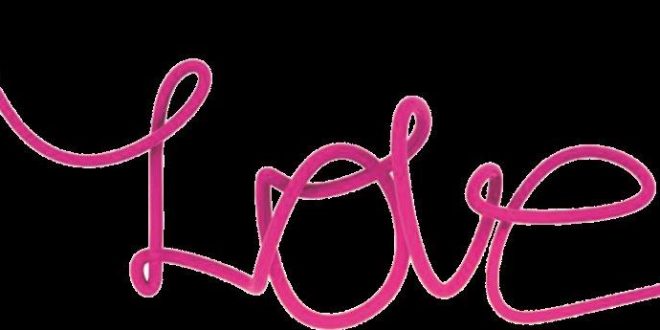 The mysteries of love have inspired poetry, songs and countless works of art. But rather than revel in its mystique, UBC philosopher Carrie Jenkins, author of the new book What Love Is, wants us to turn a critical eye on love, to understand its biological and societal origins. Failure to do so, she warns, could have potentially harmful consequences.
The mysteries of love have inspired poetry, songs and countless works of art. But rather than revel in its mystique, UBC philosopher Carrie Jenkins, author of the new book What Love Is, wants us to turn a critical eye on love, to understand its biological and societal origins. Failure to do so, she warns, could have potentially harmful consequences.
Philosophy is a cerebral pursuit, and love is completely emotional. So why would a philosopher want to explore nature of love?
To me, the weird thing isn’t that a philosopher would want to do this, but that so many of us aren’t. I don’t think of philosophy and love as being naturally distant, but it’s true that love hasn’t been viewed as central to modern philosophy, at least not in the traditions that I work in. That’s a problem. Without thinking critically about love, you’re kind of defenseless. If you just go with the flow you can end up in some bad situations, such as abusive relationships, or feeling like a failure just for being who you are. Part of my book’s purpose is to help empower people with the critical skills that they need to assess what’s going on with love. Some people say “don’t overthink it.” I say that attitude is dangerous.
In your book, you discuss your own polyamorous relationship. Why did you decide to be so open about it?
I’m fairly open about it in my life generally, so it wouldn’t have been difficult for anyone reading the book to find out. It occurred to me that people might decide I’m biased if they discover this information about me on their own. So I tried to explain how everybody approaches love from their own perspective; even if your perspective is so-called “normal” and mine isn’t, that doesn’t mean that one of us is biased and the other one isn’t. It just means we’re coming at it from different backgrounds and experiences.
Also, one of the things that I’m really trying to do with the book is challenge the notion that you have to do love a certain way, and that you’re doing it wrong if you do it any other way. Being open about my own polyamory is partly an attempt to model the claims I’m making about the possibilities of thinking differently about what love could be.
What is your theory of love?
My theory is that love is part biology and part society. You can think of it as nature and culture, and the really important thing to do is try to pick out what belongs on which side of the line. Otherwise, there is a tendency to over-attribute what’s really cultural to biology. That’s when you get into the realm of thinking, “Oh, it’s natural and it can’t be changed, because this is just how we are as a species.”
That tends to mirror, for example, the history of thinking that women are naturally unfit for leadership but good at raising babies. One of the things I’m trying to do is make that same move with love, to say that some of the things we might think of as natural or biological are actually social constraints. Monogamy as a normative principle, and until recently compulsory heterosexuality, have been part of part of that socially constructed picture, but they are not biological constraints on what love can be.
As we approach Valentine’s Day, what do you make of the sappy cards and gifts and sentimentality that goes along with it?
What I see is the mechanism of social construction in progress. You might not notice that it’s happening, but what those cards are giving you is a theory of what love is. This is why critical thinking is so important. When you read cheesy lines like, “You are my one true sweetheart forever,” they might sound sweet but you’re implicitly absorbing the theoretical message that love is supposed to be with one person, and it’s supposed to be forever.
It’s the same thing when little kids watch Disney movies and implicitly absorb answers to questions like: What does it look like to fall in love? What does it look like for a woman to fall in love, versus a man to fall in love? Fairy tales are packed with really significant, and usually highly gendered, information about what love is like. If we don’t have our critical-thinking skills switched on when we are surrounded by the Hallmark and Disney stuff, we just absorb it, and then it becomes our theory of what love is. I think that’s dangerous, and it’s what I’m trying to arm people against.
Are you expecting any backlash for some of your ideas?
Absolutely. I’ve experienced first-hand how challenging received opinions about love can lead to really vicious and very personal backlash. Many people will criticize, in quite violent and unpleasant ways, anyone who goes against the grain of the conservative patterns for life, and especially for love. You can actually tell so much about a person’s world view if you ask them what kinds of love they think are normal or acceptable. How we treat love, and romantic love specifically, is a really good barometer for how we think about humanity: who we think people should be, and how we think people should live.
 Desi Today Magazine
Desi Today Magazine




